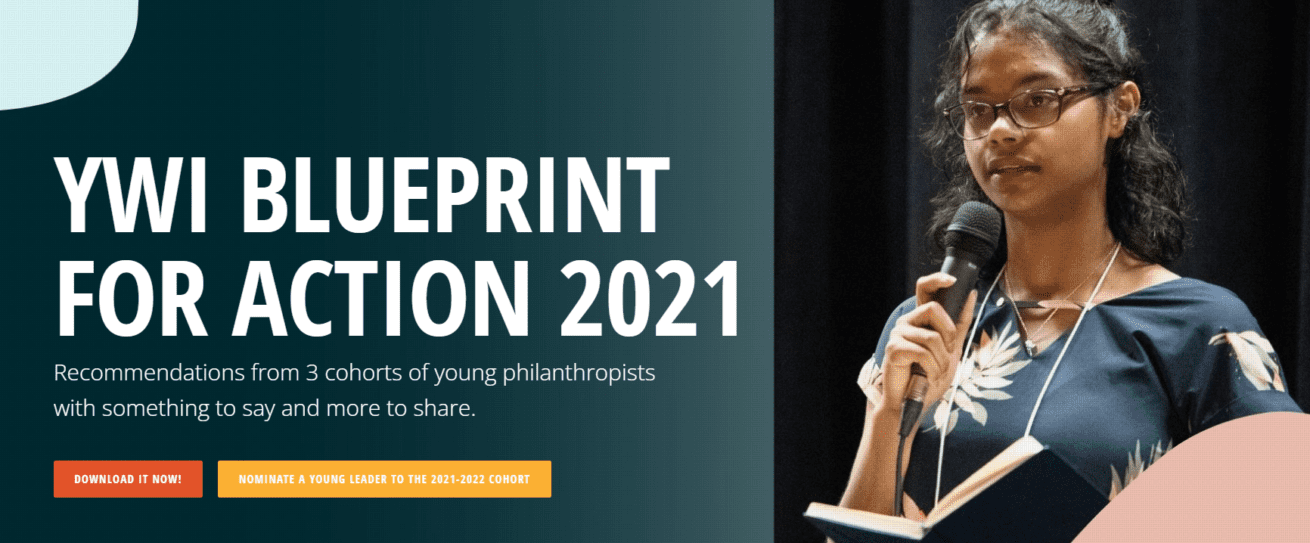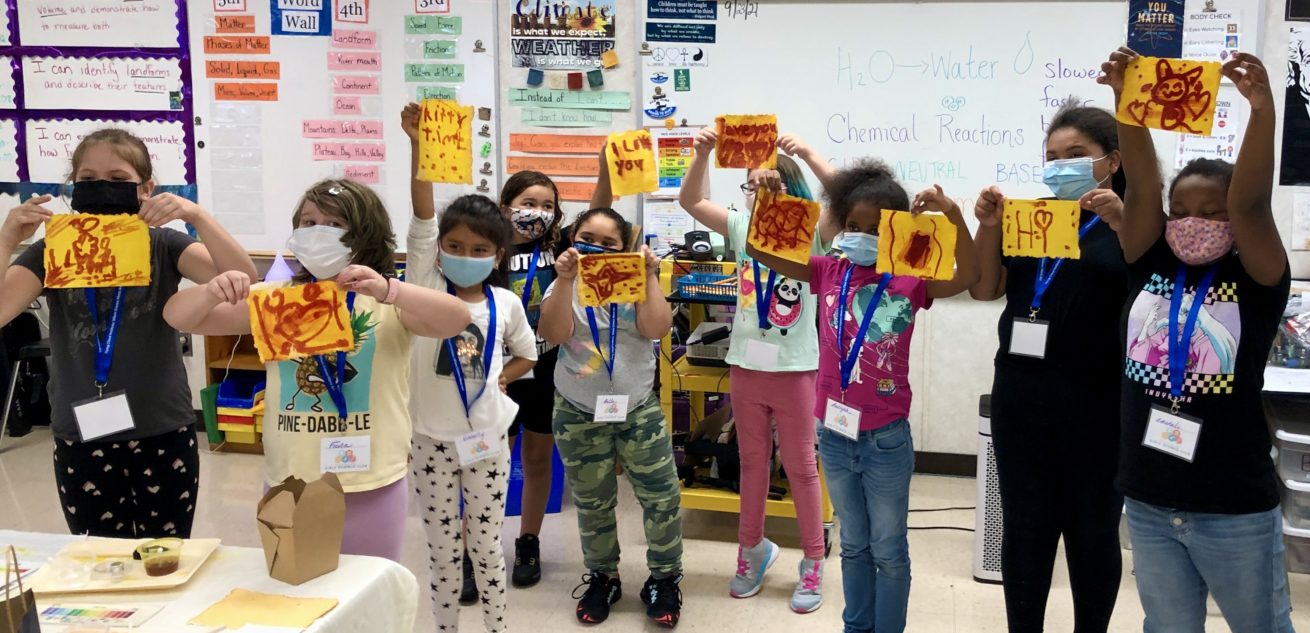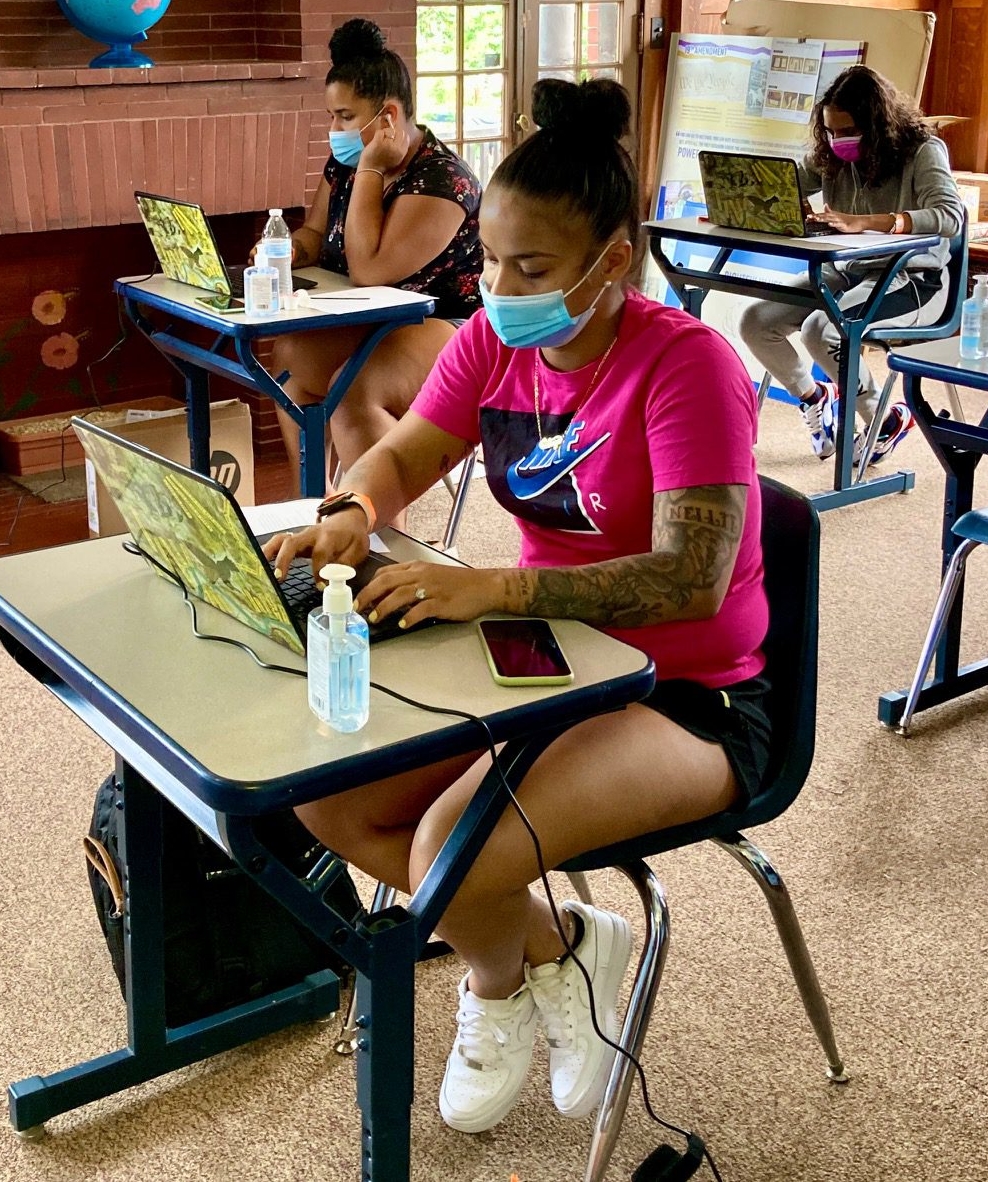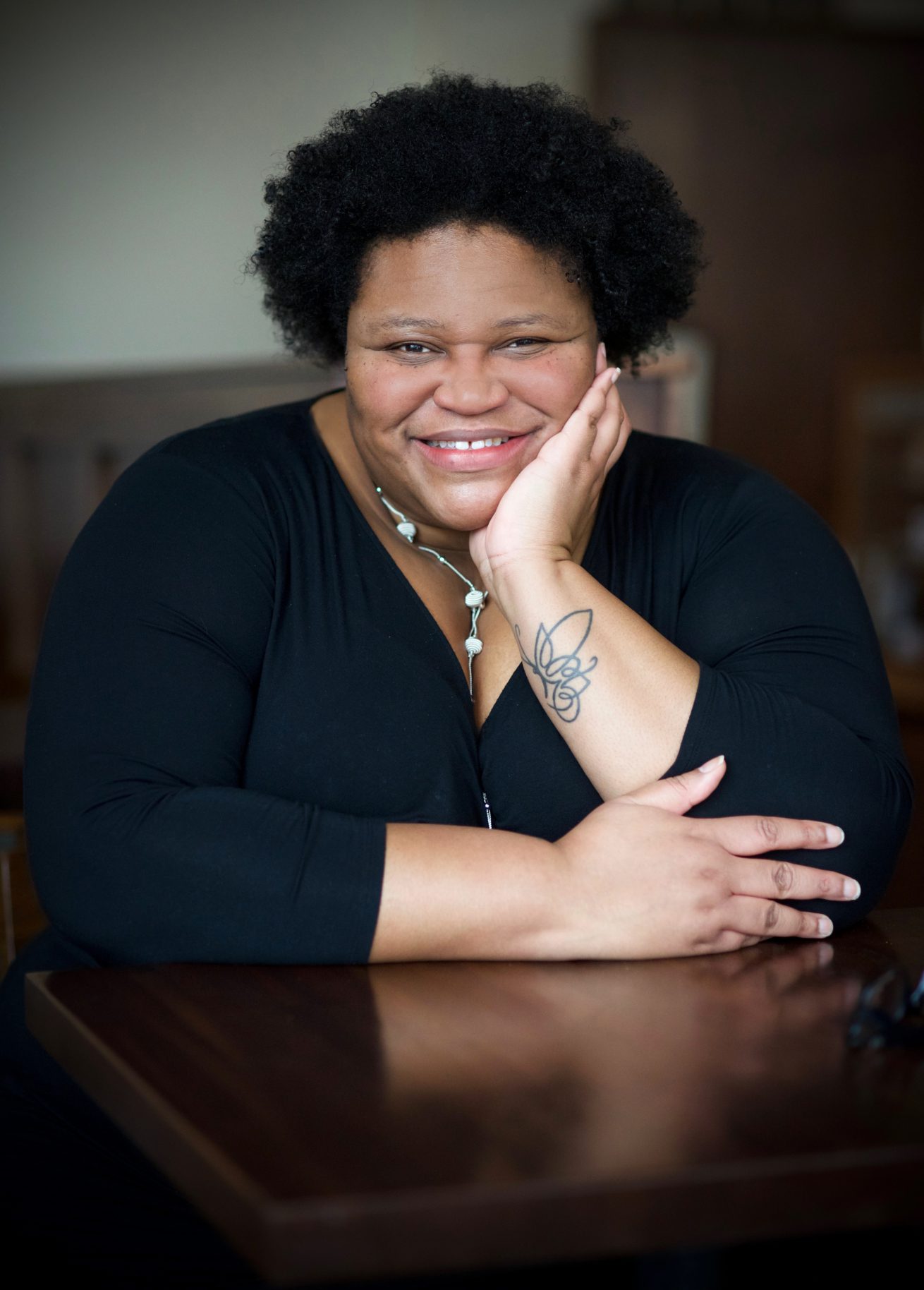On this National Philanthropy Day, WFN is proud to welcome the voice of Nicole M. Young-Martin, Community Investments Manager at the Women’s Fund of Western Massachusetts. Nicole shares her insights and experience with us on how a local women’s fund is changing the very nature of philanthropy right in their backyard – and how the global community of women’s funds, foundations, and gender justice funders can use and deploy these principles across the world.
The world of philanthropy is changing. The once donor-dictated interests are shifting to a collaborative approach with nonprofit organizations and those they serve. Generosity today is more about outlining to donors and volunteers how they can help rather than designing programs and initiatives based on funding. The Women’s Fund of Western Massachusetts (WFWM) is learning how to lead in this way – moving away from more traditional models of top-down philanthropy and moving towards redistributing power to those closest to the work in our communities.
Founded in 1997, WFWM serves all four counties in our region. With over 800,000 residents, Berkshire, Franklin, Hampden, and Hampshire Counties are uniquely racially and economically diverse. With a mix of college towns, rural communities, and under-resourced cities, our region tackles a host of different issues including the digital divide, racial injustices, the lack of access to public transportation, education inequities, segregated wealth, housing insecurity, and limited job opportunities.
In 2019, we released our Status of Women and Girls Report which provides insight to the needs of women and girls in our communities. Using data is a core component to philanthropy, and we seek to utilize a data-informed lens in all our grantmaking and community programming. From this community needs assessment, we identified three strategic pillars that we use to inform our work:
- Economic security;
- Parity in positions of power and leadership; and
- Freedom from gender-based violence, harassment, and abuse.
These outlined priorities inform our grantmaking, capacity-building workshops for women-and-girls serving organizations, advocacy-based programming including our Wait…What virtual events series, and future research projects. On this National Philanthropy Day, WFWM seeks to highlight our evolving philanthropic principles, how we are leveraging these strategic pillars for maximum impact in our communities, and what we’ve learned as a result of deploying these strategies within our philanthropy.
Involving the Community Builds Local Leadership. Research shows that when we engage members of very community we seek to serve, we can better respond to the needs of our community in real time, with their key input and feedback. Under the direction of our CEO, Donna Haghighat, WFWM encourages community members to join a subcommittees or leadership position, giving our volunteers an opportunity to learn more about our specific processes and organizational culture prior to becoming a volunteer who holds significant authority on the trajectory of our organization. An average committee commitment is two years.
One specific subcommittee is our Community Investments Committee. This group of volunteers collaborate with me on selecting grant recipients, suggesting programming ideas, and recruiting workshop facilitators and guest speakers. The Community Investments Committee is comprised of eight women volunteers with two representing each of the four counties that we serve. We specifically recruit people for this committee who are actively involved in the communities within their counties and who have substantial knowledge of organizations doing the work that aligns with our strategic pillars. 80% of the folks serving on this committee identify as Black, Indigenous, or People of Color (BIPOC), including our two current co-chairs. We ask that committee members recruit volunteers to fill their seats at the end of their term.
As a result of this crucial representation, our grantmaking has become more intentionally participatory and trust-based, and centers voices most marginalized in our communities. For recent grant cycles, we assembled grantmaking committees comprised of volunteers with lived experience for The Fund for the Me Too Movement and Allies, which was crucial to ensuring we were centering the voices of survivors and advocates at the very heart of our work.

Engage the Youth in Decisionmaking. In addition, our efforts to expand who can access and shape local philanthropy have included the formation of our Young Women’s Advisory Council, comprised of girl leaders aged 16-24. These young philanthropists have also tapped into a new vein of our industry – building a broad base of support and engagement amongst young people to drive funding that can solve the most pressing issues facing our communities. Our 2021 YWI Blueprint for Action shares more about the Young Women’s Initiative participatory grantmaking process, identify the intersectional issues affecting their lives, and includes recommendations from three cohorts of young leaders, community activists, and philanthropists to change the world around them.

Break the Mold: Invest in Operational Support for Nonprofits. Here at WFWM, we’re also proud to say that our last two cycles awarded funds that recipients could use towards general operating support. We also simplified the grant application process to include a handful of questions and an interview. Reporting has been streamlined as well; we conduct meetings to gather this information. These methods, we believe, allow for multiple modalities especially for small organizations with one person on staff and no designated grant writer. In this way, we can increase the capacity and operational support of small community organizations working directly on the frontlines of care and service. This also enabled us to support local community organizations facing hardships as a result of the on-going COVID-19 pandemic.
Building in Anti-Racist Policies into Philanthropy. We are also intentional about addressing anti-racist practices. We are changing governance practices, including our by-laws and policies for staff and volunteers. We are working towards requiring all staff and volunteers to undergo racial justice training prior to starting with our organization. We also maintain a commitment to a two-generation approach to getting women and children out of poverty.

Seek Experience of Local Subject Matter Experts. It is important to us that we continue to seek insight from members of our community. The Greater Springfield Economic Security Hub allows us to collaborate with residents in the city with the largest number of single BIPOC women heads of household and families living below the poverty line. Our office is also based in Springfield. This work demonstrates our efforts towards making a deeper investment in our own backyard. Through this project, we pursue research that advocates for necessary systemic change.
While we are located in a small region, we believe the lessons we have learned can be shared by women’s funds, foundations, and gender justice funders across the globe. As a result of our commitment to changing the way we interact with the community, deploy funds, and support women, children, and families in our community, we see deep and lasting systemic impacts. We remain committed to learning from and with our communities, translating those efforts into meaningful and sustainable change, and sharing our knowledge with others across the world.
